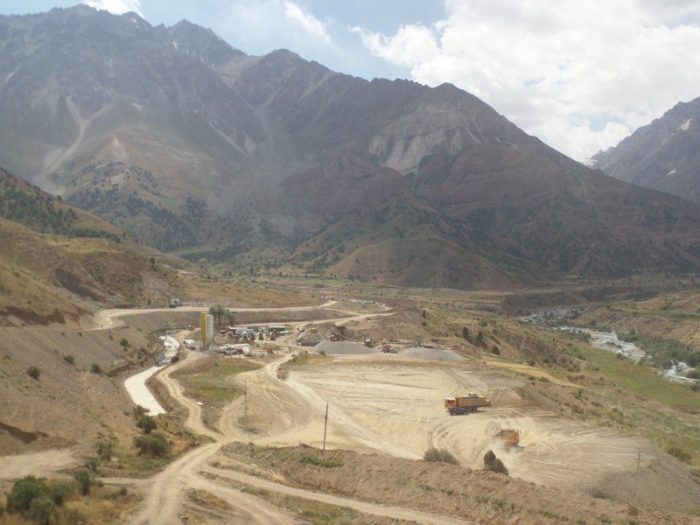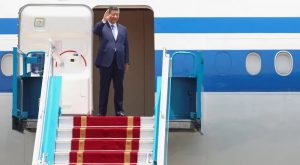Analysts and traders say China’s decision to restrict exports of antimony from mid-September is likely to push the price of the metal to new record highs.
Antimony is used in ammunition, batteries, fire retardants, photovoltaic cells and military equipment.
Prices of the minor metal have roughly doubled since the start of the year due to a global deficit of antimony and are trading at all-time highs above $22,000 a metric ton.
ALSO SEE: Japan’s Economy Grew 3.1% in 2nd Quarter on Consumption Rise
“Given we are still at record prices, it’s likely that prices will go even higher with this announcement,” said Chetan Soni at consultancy CRU, adding that prices could reach $30,000 as buyers would be looking to secure material for future production or stockpiling.
China is the world’s largest antimony producer, accounting for 48% of global supplies at 83,000 tons last year, according to the US Geological Survey (USGS).
It will impose export limits on antimony and related elements in the name of national security, China’s commerce ministry said on Thursday, its latest move to restrict shipments of critical minerals where it is the dominant supplier.
This could widen the deficit in the antimony market, which consultancy Project Blue estimated at 10,000 tons in May.
“China has already been cutting down on metal exports as they are consuming it all domestically,” Jack Bedder, co-founder of Project Blue, said.
Refineries boost imports from alternate suppliers
European refineries of antimony trioxide have increased supply from Tajikistan, Vietnam and Myanmar to diversify from the Chinese feed, while India increased antimony ingot supplies to the United States, he said.
Another upsurge in antimony prices will reinforce the western world’s reliance on China for critical minerals, which also include rare earths, gallium and germanium, exports of which are also restricted since last year.
In those cases, exports quickly flatlined after export licence requirements were introduced, before rising again, a trend which could be seen with antimony exporters now needing to apply for a licence, CRU’s Soni said.
Other major producers of antimony include Myanmar, which accounted for 4,600 tons last year, Turkey for 6,000 tons and Tajikstan for 21,000 tons, according to USGS.
“The prospects of a small but antimony-rich country, Tajikistan, look good now,” Alexey Kabanov, CEO at Swiss-based trading firm Voyager Group, said.
The tight market conditions are partly because of disruptions in supply from Russia due to sanctions imposed after Moscow invaded Ukraine in February 2022 and Russia’s lower domestic production. Russia produced 4,300 tons in 2023, data from USGS showed.
“There is no pipeline of supply to turn on,” Christopher Ecclestone, a principal and mining strategist at Hallgarten & Company in London, said, adding that prices could easily climb above $30,000 this year.
- Reuters with additional editing by Jim Pollard
ALSO SEE:
China to Curb Exports of Antimony Metals, Ores, Oxides – SCMP
China’s New Rare Earth Rules Seek Product Traceability Details
Vast Amount of Rare Metals Found Off Remote Japanese Isle
In New Comic, China Signals ‘Foreign Threat’ to its Rare Earths
China Curbs The Export of Rare Earths Processing Technology
Rare Earths Seen As a Factor in China-Vietnam Rail Link Talks
China Blocked Exports of Two Chipmaking Metals in August
Western Firms Struggling to Break China’s Grip on Rare Earths
China Metal Curbs, Rare Earths Risks Fuel Hunt For Safe Sources
China’s Gallium Curbs a Headache for EV Carmakers
Curbs on Chipmaking Metals ‘Just The Beginning’, China Warns
























